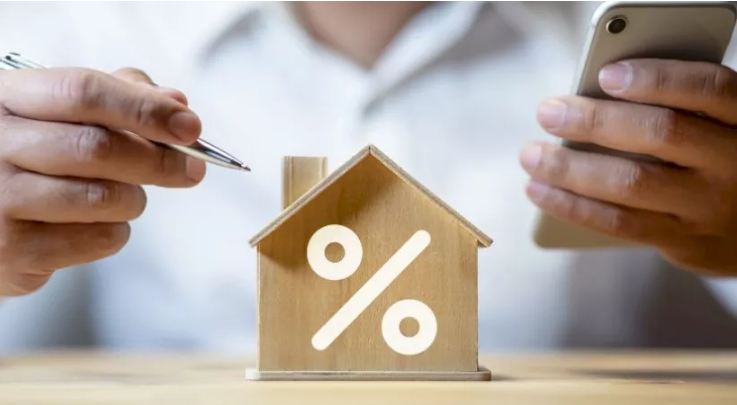With interest rates set to rise, experts have looked at potential impacts on property prices.
Rising interest rates have historically led to weaker home values, potentially setting the stage for falling prices within the year.
Analysis by CoreLogic found that interest rates and the national property values had a significant inverse correlation.
“When the cash rate rises, housing values could experience some downwards pressure,” explained CoreLogic’s head of research Eliza Owen and research director Tim Lawless.
Over the past 20 years, an inverse correlation of 84.7 per cent was found between the cash rate and the national CoreLogic Home Value index.
“Lagging the cash rate by up to a year increases the strength of the correlation, which suggests it takes some time for movements in the cash rate to have their maximum effect on the property market,” CoreLogic said.
“Consecutive increases or reductions in the cash rate will also play a role in the correlation becoming stronger over time.”
The Reserve Bank has signalled that the first rate rise will occur in 2023, while major banks, including Commonwealth Bank and Westpac, are tipping a rise later this year.
Despite the strong connection, CoreLogic noted that a range of different factors influencing the housing market meant interest rates and property prices were not always correlated.
“For example, the introduction of macroprudential credit policies in December 2014, and September 2017, resulted in some temporary downwards pressure on housing values,” CoreLogic said.
“These became more significant as tighter credit conditions (associated with the Royal Commission into Misconduct in the Banking, Superannuation and Financial Services Industry) flowed through to less credit availability and softer housing outcomes.”
CoreLogic said currently elevated levels of household debt would likely make households more sensitive to the cost of debt.
“RBA data to September 2021 showed the ratio of housing debt to household income reached a record high of 140.5 per cent. With this in mind, households are likely to be more sensitive to movements in the cost of debt than they have been in the past,” the firm said.
AMP Capital chief economist Shane Oliver suggested that higher interest rates would contribute to the slowdown in the property market and has predicted prices will peak later this year.
“The Australian property market is highly sensitive to the monetary cycle as a result of very high price and debt to income ratios,” he said.
In addition to the impact of macroprudential tightening during the past decade, Dr Oliver pointed out that a series of rate hikes in 2009-10 had also been followed by a period of weaker property prices.
“Dwelling price growth has already started to slow and we expect the combination of worsening affordability along with rising fixed rates and then rising variable rates later this year to see home prices peak in the September quarter and fall 5 to 10 per cent in 2023,” he said.
Our investment team is ready to help you accomplish your financial goals and needs. Feel free to send us an email at info@centramoney.com.au or give us a call at 08 8211 7180.

